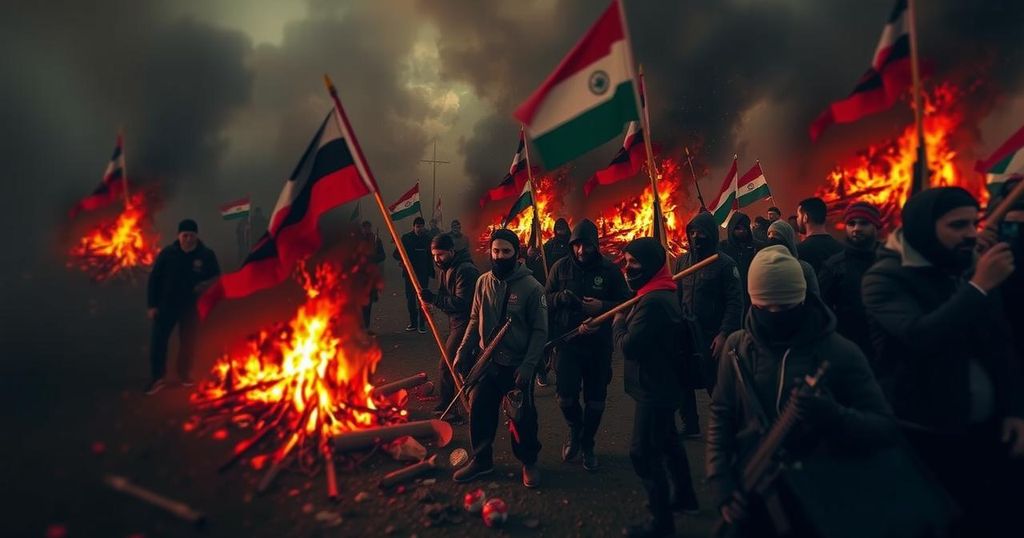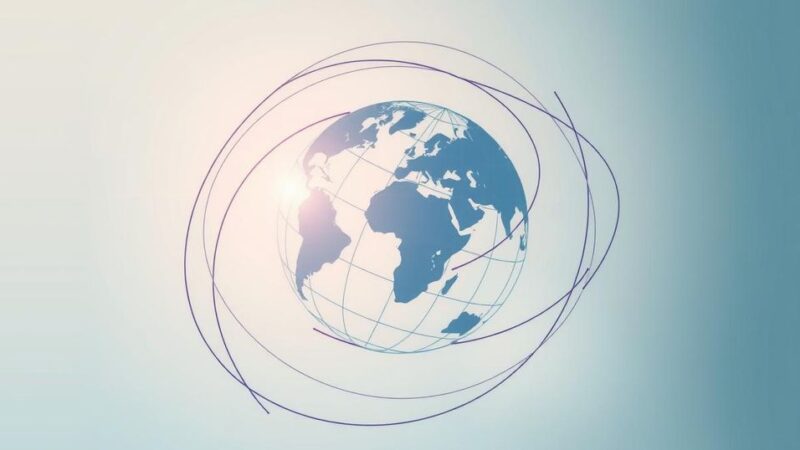Iraq’s Shi’ite militias are asserting greater independence, threatening Iranian relations with the West. Israeli Foreign Minister Gideon Sa’ar’s recent warning highlights regional tensions and Iraq’s government accountability for militia actions, complicating Iran’s foreign policy maneuvering.
In recent developments, Iraq’s Shi’ite militias, which are closely aligned with Iran, are increasingly asserting their autonomy, leading to concerns about their potential consequences for Iranian foreign policy. This shift is evident as the Iraqi militias seek greater independence, which may contradict Tehran’s efforts to ease tensions with Western nations. The revelation of these dynamics emerged following a letter from Israeli Foreign Minister Gideon Sa’ar to the United Nations Security Council, heightening frustrations within the Iraqi government and reaffirming Israel’s stance on its right to defend itself against any threats originating from Iraqi territory. This situation underscores a growing challenge for Iran as it navigates complex geopolitical landscapes in the region.
In the context of Middle Eastern geopolitics, Iraq’s Shi’ite militias have traditionally been seen as proxy forces for Iran. However, their increasing assertiveness and operational independence may pose a dual threat not only to local stability but also to Iran’s broader strategic aspirations. Amidst broader efforts to engage diplomatically with Western countries, these militias appear to be testing the limits of their allegiance to Tehran, potentially undermining its influence. Additionally, Israel’s declaration of intent to hold Iraq accountable for any threats serves as a clear message regarding the heightened tensions in the region.
The autonomy of Iraq’s Shi’ite militias represents a significant shift in power dynamics within Iraq and poses challenges for Iranian influence in the region. As these militias grow increasingly independent, it complicates Tehran’s efforts to foster better relations with Western nations. Moreover, Israel’s assertions emphasize the potential repercussions of these developments on regional security, particularly regarding the responsibility of the Iraqi government to manage militia activities. These forces are becoming a formidable actor that could jeopardize not only Iraqi stability but also Iranian aspirations for diplomatic normalization.
Original Source: www.haaretz.com






